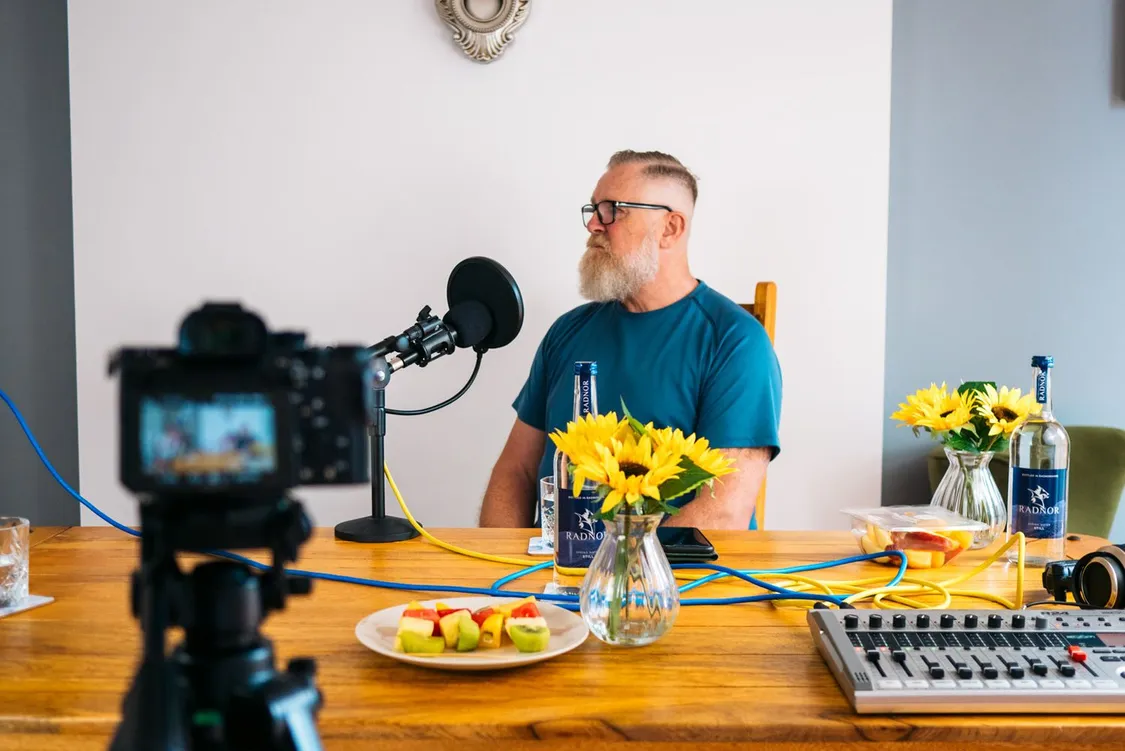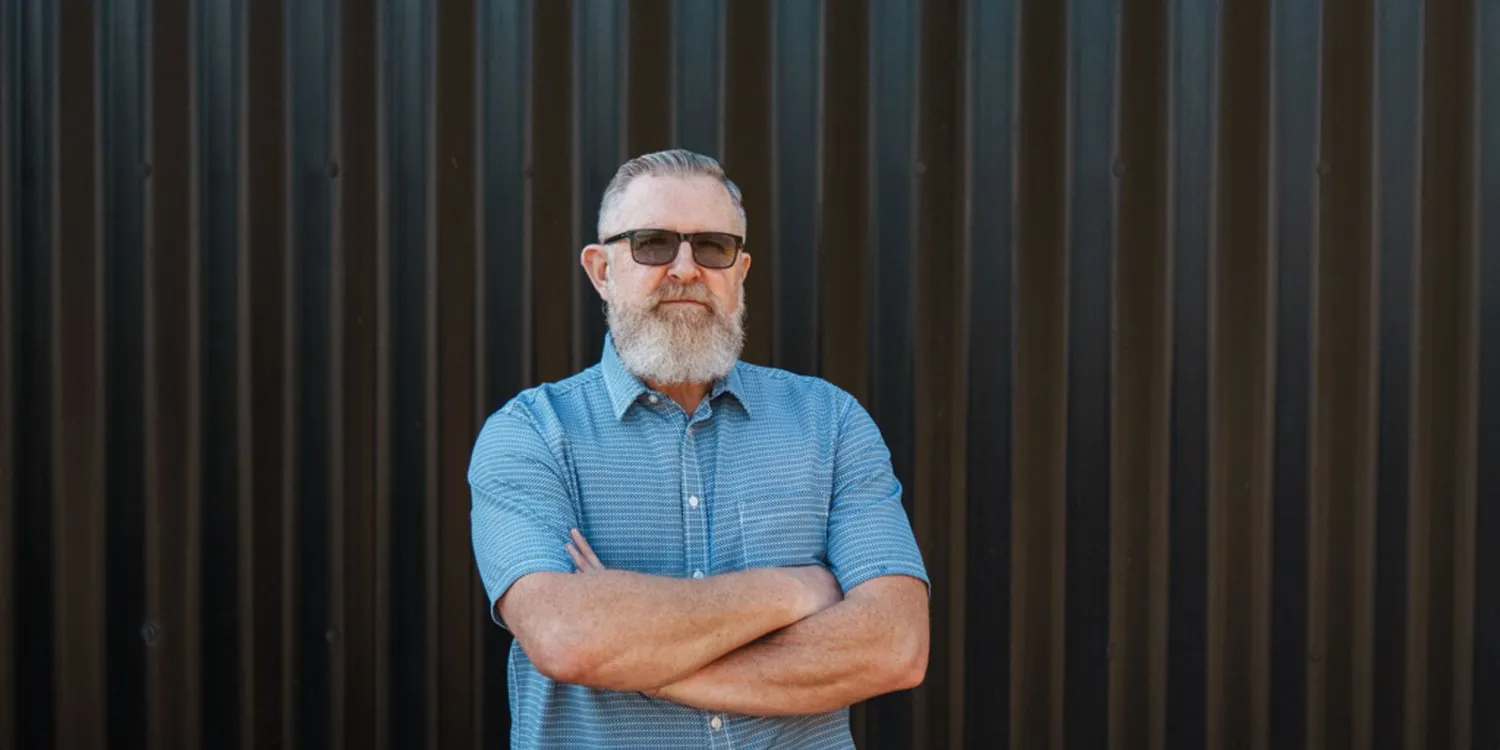03 Sept 2024
Despite decades of initiatives, drug-related harms have not diminished, with 2,489 drug-related deaths in the first half of 2024 alone. While the new UK government has certainly been keeping busy, there has been no indication of any plans to review the current drug policies. Addiction rehabilitation specialists at Rehabs UK investigate:
- The annual cost of drugs to society exceeds £19 billion, more than double the value of the illicit drugs market.
- Every Conservative government since 2010 slashed local authority funding, with vital addiction treatment services being cut across the country.
- The Boris Johnson era strategy ‘From harm to hope’ has been criticised for focusing too much on criminalisation, instead of a holistic public health approach and harm reduction.
Rehabs UK Director, Lester Morse comments, “Hopefully the new government will better understand the human and financial cost of addiction to our country and finally act upon Dame Carol Black’s report. She made it clear that for every £1 spent on effective treatment, the country gets a £4 return. You can’t get a better deal than that!
“Instead, the previous government half-heartedly funded the most cost-effective community-based programs, trying to save the £1, when most of the worst addictive people need long-term residential care. It’s time to re-start funding recovery in long-term residential care.”
Speaking previously on the cuts to addiction services, he goes on to say: “The previous government, and those before it, failed to see the damage they caused. Not to mention the strain these cuts place on those who are left to pick up the pieces. We and other rehab services do what we can, but the government must do more. The figures speak for themselves, the cuts have destroyed lives.”
The unwinnable ‘War on Drugs’

International drug policy has traditionally focused on criminal justice - with governments aiming to ‘cut off the supply’ and ‘controlling the market.’ Nixon’s infamous ‘war on drugs’ declared drug abuse "public enemy number one" in the 1970s. The main piece of legislation controlling drugs in the UK today —the Misuse of Drugs Act 1971— is still largely built upon this outdated principle.
The latest drugs strategy, ‘From Harm to Hope: A 10-Year drugs plan to cut crime and save lives’ promised a more holistic approach. However, a 2023 House of Commons report criticises the strategy for still focusing too much on criminalisation, noting that “the Government’s response could go further by adopting a broader range of public health-based harm reduction methods in tandem with its support of law enforcement efforts to tackle the illicit drugs market.”
Drug-related police enforcement in England costs £1.4 billion per year, with a further £5.5 billion spent on drug-related crime. Yet, research shows that there is little evidence that criminalising drug users helps to reduce substance misuse. Additionally, studies have shown that ethnic minorities are disproportionately targeted and penalised under current drug laws. This systemic bias exacerbates social inequalities and does little to address the root causes of addiction.
Morse notes: “I think any effective drug strategy would include law enforcement along the lines of drug court programmes like in the USA, which gives people the option to enter long-term drug treatment rather than receiving a jail sentence.”
There’s No Such Thing as ‘Evidence-Based’ Drug Policy
Professor of Criminal Justice at the University of Kent, Alex Stevens, points out that drug policies are rarely based on scientific evidence, but instead “reflect a moral stance rather than an understanding of addiction as a health issue.” In a 2024 article for Transforming Society, he criticises traditionalist politicians for aiming to control those who use drugs by “supporting ongoing prohibition and punishment, rather than the liberalisation of drugs and their users through decriminalisation and legalisation.”
Morse notes that drug law policy needs to go even further than focusing on harm reduction: “My personal view is that as a society, we have not yet understood addiction enough to offer better education and treatments. I am not against harm reduction, but as the term suggests, these strategies can only do so much. Harm reduction doesn’t treat the root causes of addiction. It will park some people in addiction until they die, they may have recovered given better treatment.”
Morse stresses that a modern approach to drug policy is to view drug misuse not just through a public health lens, but as a wider societal issue: “Substance use disorders are symptoms of a systemic, socioeconomic type of disease. We cannot hope to eradicate addiction until we treat the deeper issues affecting our society, and until we provide meaningful and comprehensive mental health care to everyone that needs it.”
Rehabs UK advocates for a shift towards treatment that deals with the root causes of addiction, and better support systems for those struggling with it. Most importantly, Rehabs UK calls for increased funding for abstinence-based rehabilitation services. “The current situation requires urgent attention and reform across all of the nations of the UK,” Morse concludes.
- ENDS -
Additional information
Further reading
- https://rehabsuk.com/blog/the-real-gateway-drugs-in-the-uk/
- https://rehabsuk.com/blog/the-impact-of-10-years-of-cuts-to-addiction-services/
- https://www.transformingsociety.co.uk/2024/01/30/theres-no-such-thing-as-evidence-based-drug-policy/
About Rehabs UK
Rehabs UK is a confidential addiction recovery support service. From drug and alcohol addictions through to behavioural addictions such as gambling, the Rehabs UK team provides free advice and assessments to addicts and their friends and families. Rehabs UK can provide bespoke addiction treatment plans which include services such as residential rehab, home detox and addiction therapy.
https://www.tiktok.com/@rehabs_uk/
About Lester Morse
Lester Morse is a recovery coach and neurolinguistic programmer who has worked in addiction treatment for over 30 years, covering both substance addictions and behavioural addictions. After running a sober living project for nine years, Lester set up a 45-bed residential rehab facility. He is currently the director of Rehabs UK and East Coast Recovery.
